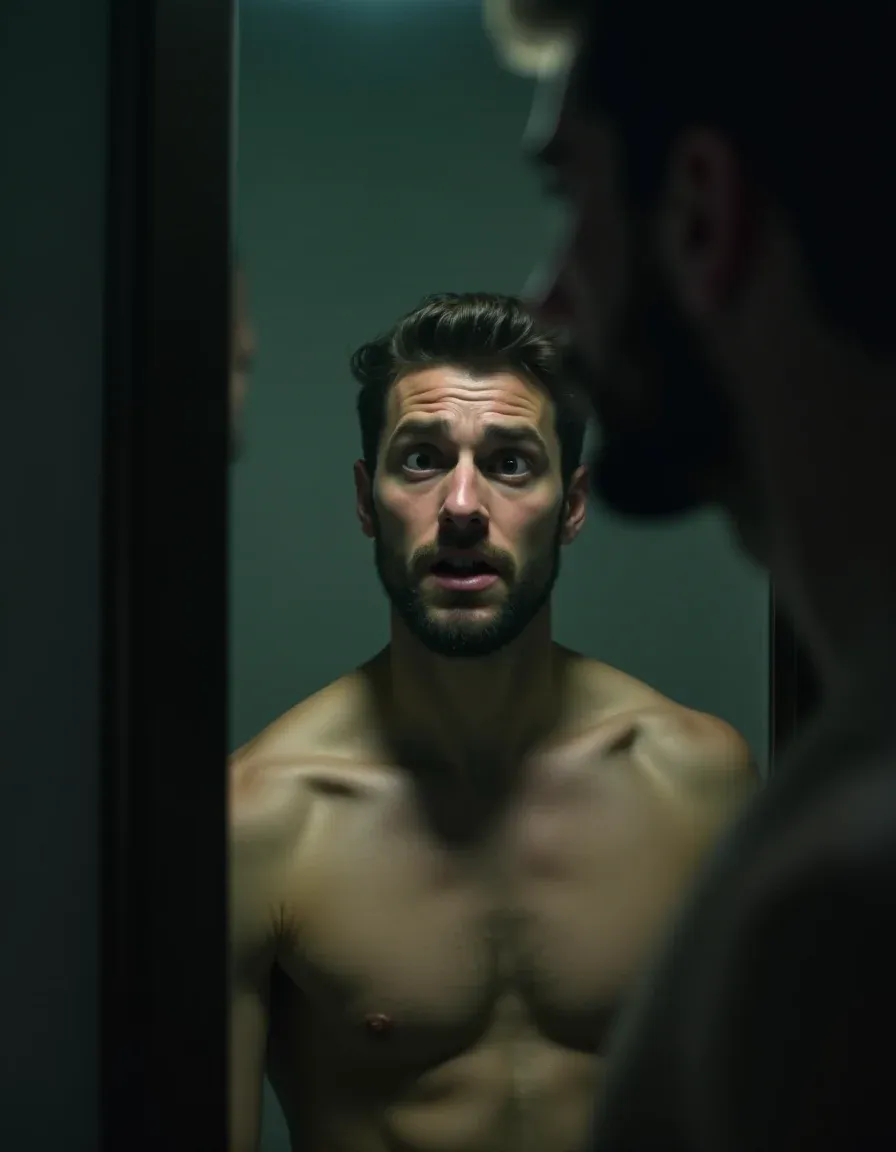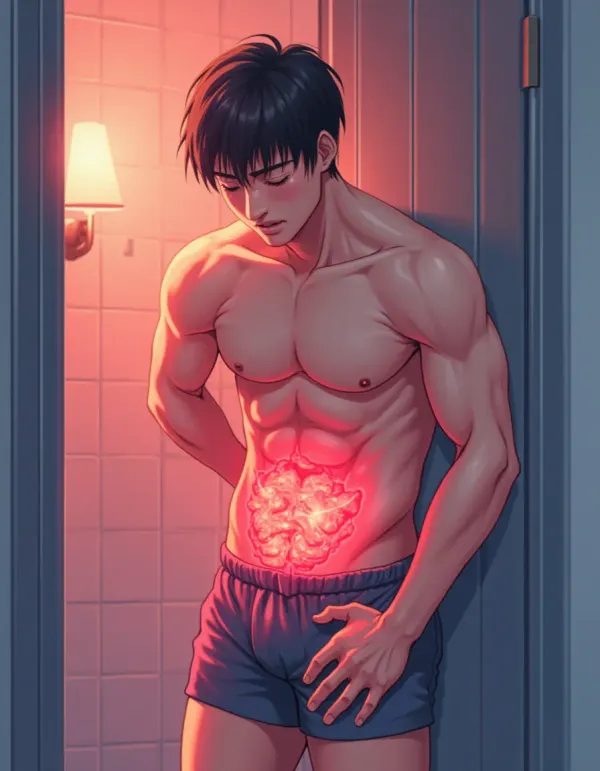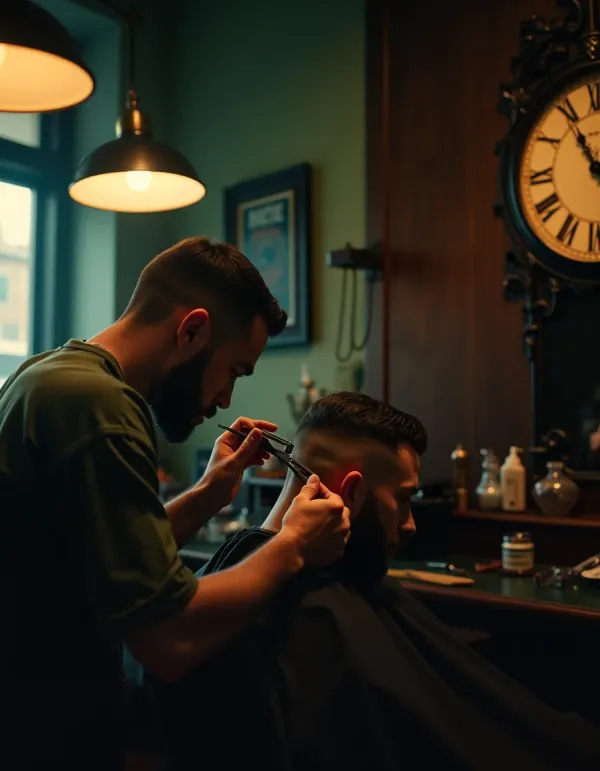The Hidden Struggle: Understanding Body Dysmorphia in Men
Uncover the hidden battles men fight with body dysmorphia. This piece sheds light on perceptions, societal pressure, and the importance of mental health awareness.

Alright, let's talk about something that's not often in the spotlight, but definitely needs to be—body dysmorphia in men. You know, it's that nagging feeling when you look in the mirror, and you just don't like what you see, even if everyone else thinks you're perfectly fine. What’s up with that, right?
What is Body Dysmorphia?
For those who aren't too familiar, body dysmorphia, or Body Dysmorphic Disorder (BDD), is all about this overpowering obsession with a perceived flaw in how you look. Whether it's real or just imagined, it totally takes over your thoughts and can seriously mess with your day-to-day life. And get this, while people often think this only affects women, guys are in the boat too, especially with the whole 'not muscular enough' thing.
Men's Perspective on Dysmorphia
Some guys shared gut-wrenchingly honest views about what they "see" in the mirror. Imagine looking at yourself and seeing Quasimodo, or feeling like a character from a movie who's just out of shape. Interestingly, each view was unique, showing just how intensely personal and skewed these perceptions can be.
Why Don't We Hear About Men with BDD?
You'd be amazed at how many men don't even realize they're dealing with body dysmorphia. It's often brushed off or hidden because talking about looks isn’t always considered ‘manly’. Plus, there's this fear of seeming vain—when all they're trying to do is feel normal.
It's a tough spot to be in, especially when BDD leaves you comparing yourself to some impossible standard that only your mind sees. The thing is, these men aren't alone. BDD happens to both genders, and it's time we shine a light on how it affects guys too. Talking about it can lead to understanding and maybe even a little peace of mind for those who struggle with this disorder.
If this resonates with you or someone you know, it might be helpful to chat with a mental health professional. You're not alone, and it’s okay to ask for help.




